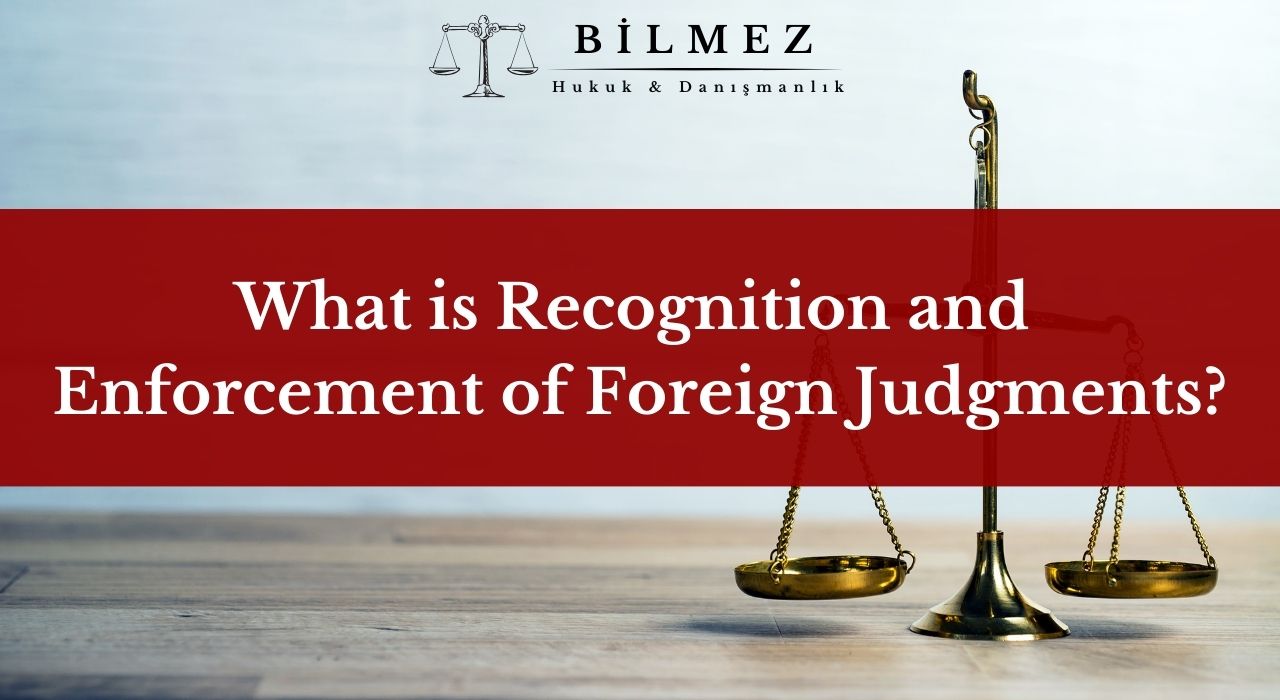To file a recognition and enforcement case, certain conditions must be met. These conditions are necessary for the foreign court decision to be valid in Turkey. Here are the conditions required for recognition and enforcement cases:
If these conditions are met, the foreign court decision can be valid in Turkey. A recognition and enforcement case is a process in which Turkish courts examine foreign court decisions only in terms of recognition or enforcement conditions. Due to the prohibition of revision, Turkish courts cannot intervene in the content or substantive findings of foreign court decisions.

When filing a recognition and enforcement case, certain documents must be submitted to ensure the foreign court decision is valid. These documents include:
The apostille certificate is a crucial element for recognition and enforcement cases. An apostille is an official process required for a document to be valid in another country. Therefore, it is essential that the apostille certificate is properly prepared for recognition and enforcement cases.
Recognition and enforcement cases follow the simple trial procedure. The simple trial procedure is a legal process designed to result in quicker resolutions. In this procedure, both parties must present their evidence along with their statements of claim. The judge reviews and resolves the preliminary objections and conditions during the preliminary examination phase.
Since recognition and enforcement cases are subject to the simple trial procedure, they are typically resolved quickly and do not take long. To ensure that the case progresses efficiently, it is important that the parties present their evidence in a timely manner. Furthermore, having an experienced lawyer’s support during the court proceedings provides a significant advantage in ensuring the case proceeds smoothly.
In recognition and enforcement cases, the competent court is the Civil Court of First Instance. However, if the foreign court decision relates to family law, the competent court is the Family Court. The court with jurisdiction is the court in the residence of the person for whom recognition or enforcement is being requested in Turkey. If no such place of residence exists, the courts of Istanbul, Ankara, or Izmir are authorized.
Recognition and enforcement cases are an essential legal process that allows court decisions to be valid and enforceable in another country. Especially in recognition and enforcement cases concerning family law, the involvement of Family Courts is significant. For successful outcomes, it is crucial to file the correct applications to the authorized courts and submit the necessary documents.
Recognition and enforcement cases are of great importance for foreign court decisions to be valid in Turkey. As a result of these cases, foreign court decisions are accepted as res judicata and conclusive evidence in Turkey and become enforceable. Recognition and enforcement cases are particularly crucial in matters such as family law, commercial relations, and inheritance.
An enforcement case is initiated when a foreign court decision requires enforcement, while a recognition case is filed for non-executable decisions. To ensure successful recognition and enforcement cases, it is important to meet the required conditions and to seek legal consultation throughout the process. This will help avoid delays and ensure that no rights are lost.
